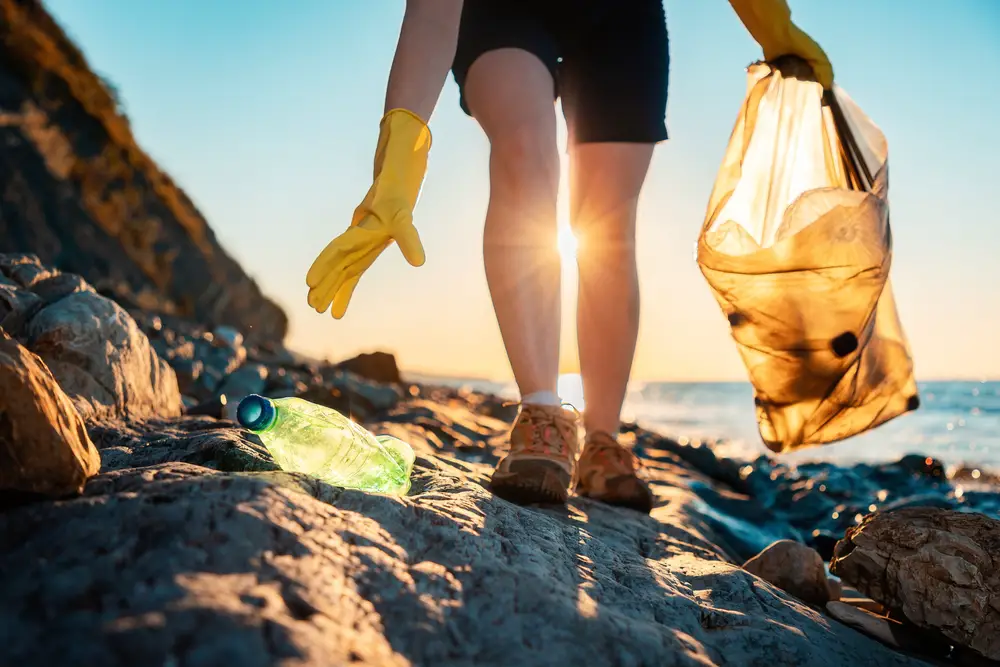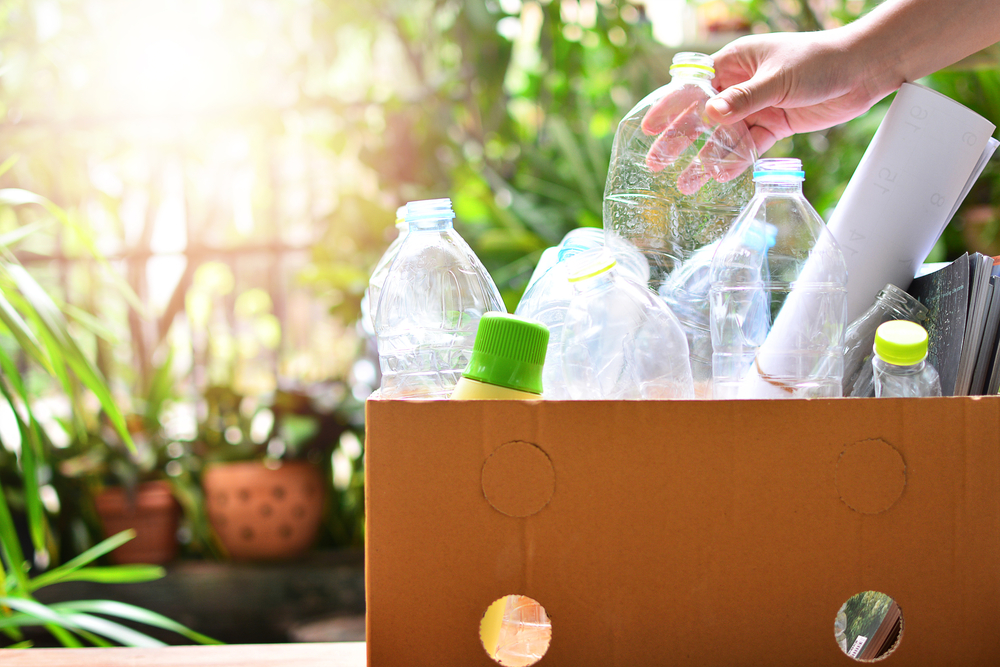Supporting conservation efforts in your local community is an impactful way to protect wildlife and preserve ecosystems. From volunteering to reducing your environmental footprint, there are many ways to contribute to local conservation. Simple actions support conservation, foster a sense of connection to the environment, and inspire others to get involved.

One of the most direct ways to help is by joining local conservation groups or volunteering at nature reserves and parks. These organizations often organize cleanup events, habitat restoration projects, and wildlife surveys. Volunteering gives you hands-on experience and helps build a community dedicated to preserving natural spaces. Financial support is also valuable—consider donating to local conservation projects that fund habitat preservation or research.
Another effective approach is educating others in your community about conservation issues. Host informational events, share resources on social media, or even start a local conservation blog. Personal choices, such as using fewer resources, minimizing waste, and supporting eco-friendly businesses, also make a difference. By adopting these practices and encouraging others to do the same, you’re contributing to a culture of conservation in your community.
Participating in citizen science projects is another meaningful way to contribute to conservation efforts. Many organizations offer opportunities for locals to collect data on species sightings, plant growth, and environmental conditions. Apps and platforms often make it easy to record your findings, which scientists then use to track wildlife patterns and environmental changes. By joining these projects, you’re helping researchers gather valuable data that aids in creating effective conservation strategies.

Supporting native plant restoration efforts is also beneficial for local wildlife and ecosystems. Many conservation groups organize native planting days, where volunteers help restore habitats by introducing plants that provide food and shelter for local species. Adding native plants to your own garden also contributes to enhancing biodiversity and creating safe spaces for pollinators, birds, and small mammals. When neighborhoods integrate native plants, they form a network of habitats that supports a wider range of species.
Finally, advocating for conservation policies at the local level can create lasting impact. Reach out to policymakers, attend town meetings, or join advocacy groups to support legislation protecting natural habitats, limiting pollution, or promoting sustainable land use. Your voice can influence local decisions that shape the future of wildlife conservation in your area. Engaging with policy and community initiatives ensures that conservation remains a priority for future generations.
